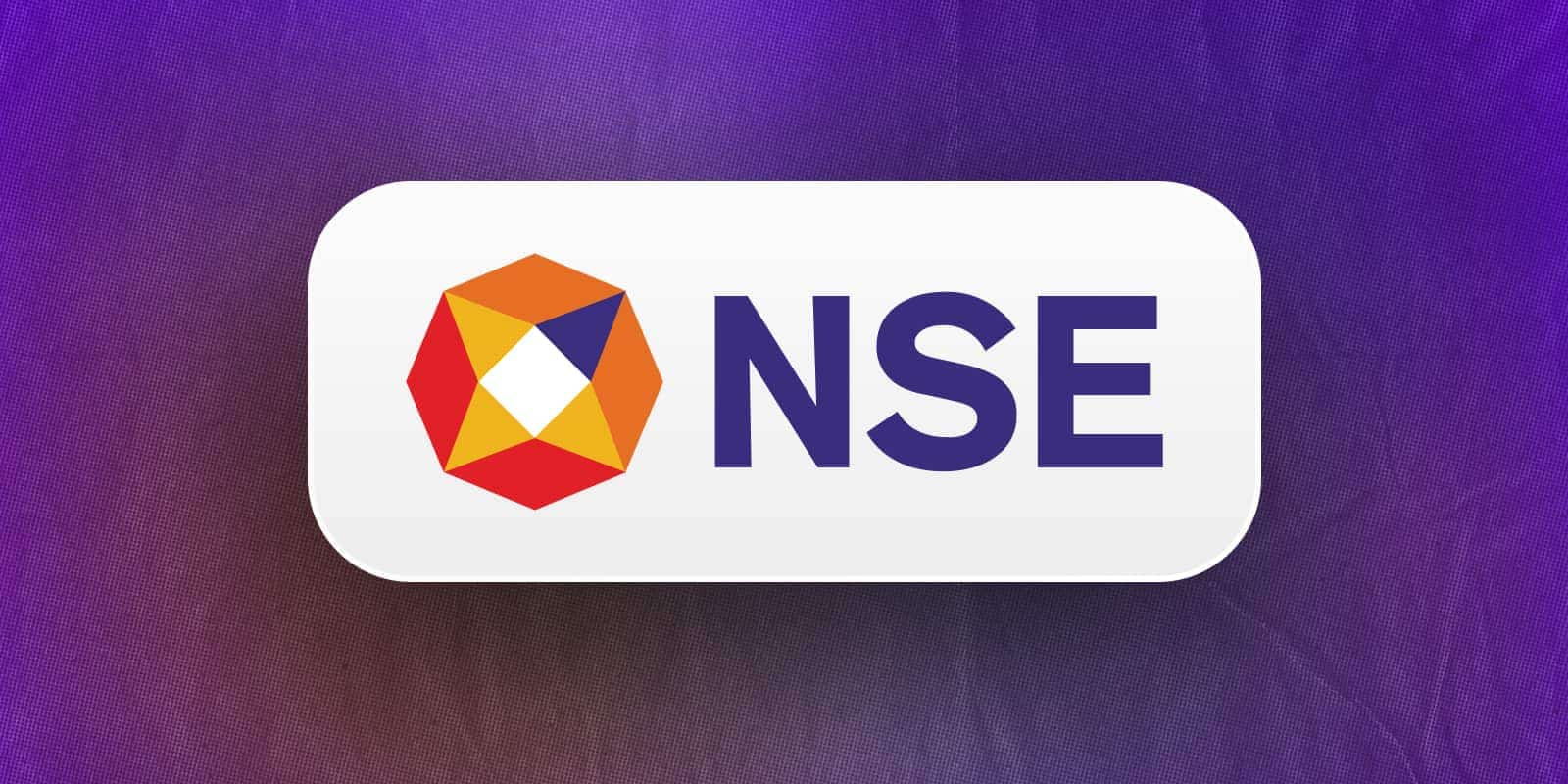Upcoming IPO of NSE: Everything You Need to Know

The National Stock Exchange of India (NSE) is preparing for a highly anticipated initial public offering (IPO), generating considerable buzz among investors. As one of Asia’s largest stock exchanges, the NSE plays a vital role in India’s financial ecosystem, making this IPO a significant event to watch.
Table of contents
What is the NSE?
Established in 1992, the NSE was India’s first exchange to offer a fully automated electronic trading platform. It has evolved into a key player in the Indian economy, facilitating trading across a diverse range of securities, including equities, derivatives, and currencies. Renowned for its robust trading infrastructure and innovative products, the NSE has significantly increased investor participation in the Indian stock market.
Why is the IPO Important?
1. Capital for Growth:
The IPO aims to raise capital that will enable the NSE to expand its operations and enhance technological capabilities. This is essential as demand for efficient trading platforms surges, particularly among retail investors.
2. Boosting Transparency:
As a publicly traded company, the NSE will be subject to stricter regulatory standards and governance practices. This increased transparency can enhance investor confidence and contribute to overall market stability.
3. Investment Opportunities:
The IPO provides a unique opportunity for both retail and institutional investors to invest in a leading financial institution. With the NSE’s prominent market position, many view this as a chance to engage with India’s economic growth.
4. Setting a Precedent:
The success of the NSE IPO could pave the way for future listings in India, particularly in the financial services sector, encouraging other exchanges and financial institutions to consider going public.
Key Details about the IPO
Estimated Size and Valuation: Although the exact size of the IPO is yet to be confirmed, projections suggest it could raise several billion dollars, potentially making it one of the largest IPOs in Indian history.
Expected Timeline: While the IPO is anticipated to launch in the coming months, specific dates have yet to be officially announced.
Allocation of Proceeds: Funds raised are likely to be directed toward technological advancements, market expansion, and enhancing service offerings.
Considerations for Investors
1. Market Conditions:
Investors should monitor market conditions leading up to the IPO. A bullish environment can foster favorable sentiment, while volatility may influence investor appetite.
2. Valuation Comparisons:
It’s vital to analyze the NSE’s valuation metrics in relation to other global exchanges. Understanding its positioning can offer insights into potential growth.
3. Long-term Viability:
While initial excitement surrounding the IPO is expected, investors should evaluate the long-term growth potential of the NSE, considering factors such as regulatory changes and emerging fin-tech competition.
4. Diversification Strategy:
With any investment, consider how NSE shares will fit into your overall portfolio strategy. Diversification is key to managing risk and maximizing returns.
Conclusion
The upcoming IPO of the NSE is poised to be a landmark event in the Indian financial landscape, symbolizing growing confidence in the economy and increased retail investor participation. For those contemplating investment, staying informed and developing a well-considered strategy is crucial. As more details emerge, the excitement surrounding this IPO is likely to amplify, making it a significant topic for investors in the coming months.
Keep an eye out for updates, and remember to conduct thorough research before making any investment decisions!



